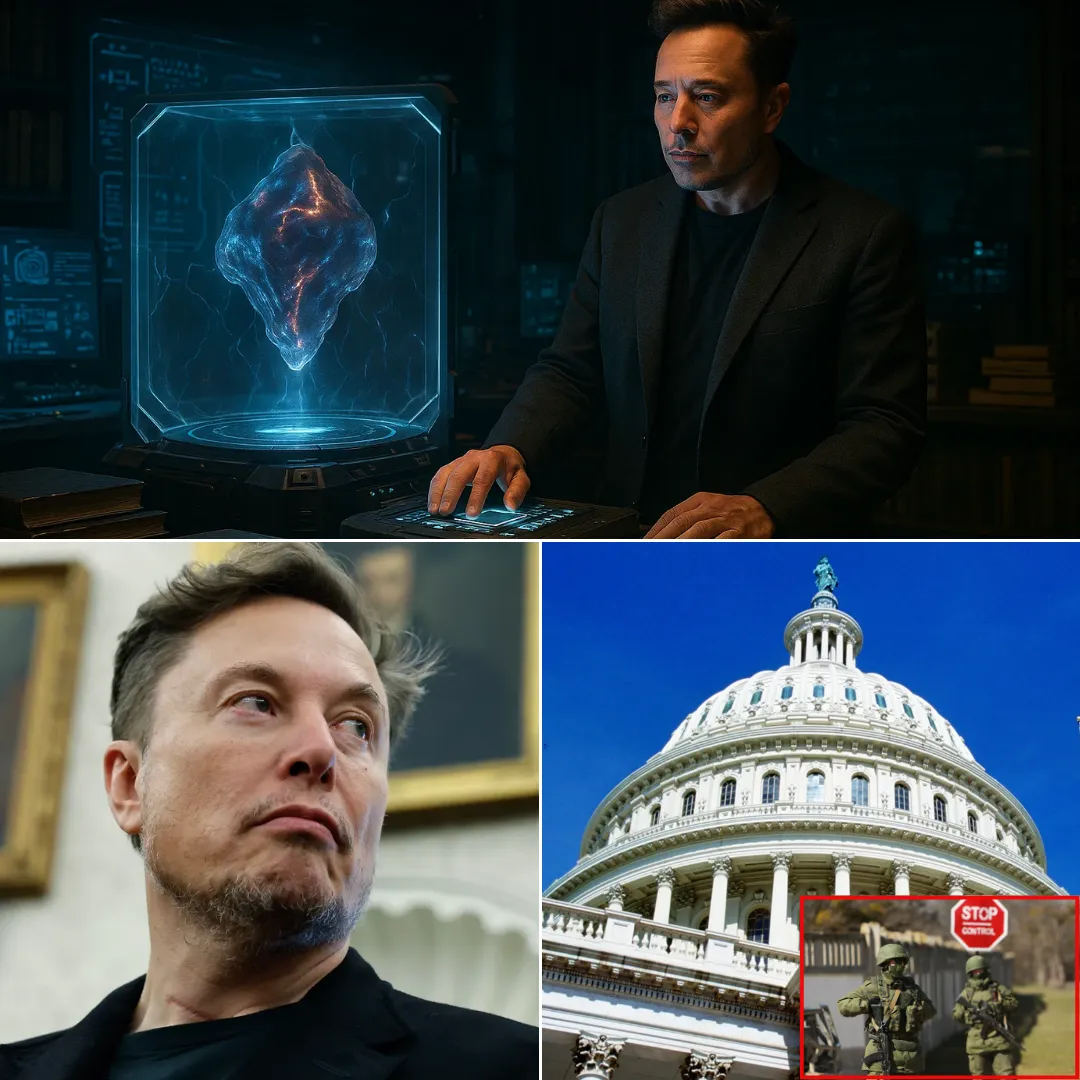
A federal judge declined to temporarily block the Department of Government Efficiency’s (DOGE) controversial takeover of the U.S. Institute of Peace (USIP), despite strong objections from the organization. USIP, a nonprofit corporation established by Congress to help resolve and prevent violent conflicts, argued that its authority had been unlawfully seized without due process.
U.S. District Judge Beryl Howell expressed concern about the manner in which DOGE accessed the institute’s headquarters but ultimately decided not to grant a temporary restraining order.
The case, which involved USIP’s claims that DOGE was attempting to dismantle its operations and hinder its peace-promoting mission, highlighted growing tensions between the Trump administration and independent institutions. USIP’s lawsuit also included allegations that DOGE’s actions amounted to an unlawful seizure of power, with the organization’s board members claiming they were removed without proper legal justification.
However, Judge Howell’s ruling indicated that the board members might not have the legal standing to file the lawsuit in their official capacity, which she described as “a stretch.”
While Howell acknowledged her concerns about the actions of DOGE, particularly the forceful entry into USIP’s facilities, she emphasized that her decision was based on the legal standards for issuing a temporary restraining order. “I am very offended by how DOGE has operated at the institute and treated American citizens trying to do a job that they were statutorily tasked to do at the institute,” Howell said.
“But that concern about how this has gone down is not one that can sway me in my consideration of the factors for a [temporary restraining order], which is an emergency relief that is extraordinary.”

The controversy stems from the fact that USIP is an independent, nonprofit organization, distinct from other government agencies affected by DOGE’s involvement. The institute was created by Congress in 1984 and is tasked with promoting peace and preventing conflict around the world.
USIP’s lawsuit against DOGE, as well as other Trump administration officials, accused them of unlawfully dismantling the organization and obstructing its ability to fulfill its statutory mission.
USIP’s attorney, Andrew Goldfarb, and several board members who claim to have been unlawfully removed from their positions, argued that DOGE acted swiftly and without transparency. “DOGE moved at lightning speed,” Goldfarb stated, claiming that the department’s actions were designed to reduce the institute to “essentially rubble.”
He described how DOGE first arrived at USIP’s headquarters on Friday with two FBI agents, but when they were unable to gain access, the FBI visited the residence of USIP’s chief of security on Sunday to attempt to gain entry.
The tensions between USIP and DOGE escalated when the institute’s outside counsel was allegedly threatened with criminal investigation by federal authorities. Later, the attorney was informed that he was being investigated for his refusal to allow FBI agents into the USIP building.
The standoff reached a peak on Monday, when three different law enforcement agencies—D.C. Metropolitan Police, Department of State Police, and the FBI—arrived to assist DOGE in accessing USIP’s premises.
Judge Howell raised concerns about the significant presence of law enforcement at a charitable organization’s building, questioning the necessity of such a response. “That’s a lot of law enforcement at a charitable corporation building to enforce an executive order, wouldn’t you say?” Howell asked, reflecting on the number of officers dispatched to enforce the takeover.
She also expressed dismay that a private security company contracted by USIP appeared to align with DOGE’s interests under the apparent threat of losing other government contracts.
An official from the security firm, Inter-Con, was reportedly present with DOGE agents, using their key to access the building, despite the termination of their contract. Howell was sharply critical of how DOGE managed this situation, saying, “DOGE went to this terminated private security contractor and said, ‘Even though we don’t have a contract with you… let us in or we’re going to cancel all your other government business.’”
This behavior, Howell noted, contributed to a sense of betrayal by the private security firm, which “essentially turned on USIP.”
During the proceedings, Howell also questioned the legality and appropriateness of DOGE’s entrance and the broader legal framework for implementing the president’s executive orders. She raised concerns about whether the president’s orders could have been executed without resorting to the use of force, threats, and intimidation against American citizens, particularly those who had served at the institute for years.
"Are you the least bit offended with how this was executed, Mr. Hudak?” Howell asked, addressing Justice Department lawyer Brian Hudak, who was defending DOGE’s actions.
Hudak defended the president’s decision, suggesting that Trump, in exercising his executive power, had already removed USIP’s leadership and installed his own. According to Hudak, the USIP president had essentially “barricaded himself in” at the organization’s headquarters, refusing to comply with his dismissal.
He argued that the issue was a matter of perspective, with the Trump administration exercising its right to take control of the institute.
Lawyers for USIP countered Hudak’s claims by arguing that DOGE’s actions amounted to an unlawful seizure of power. They submitted evidence in court, including photographs of USIP’s financial documents in a shred bin, and statements from USIP’s chief security officer indicating that DOGE employees were accompanied by FBI agents during their operations.
Hudak attempted to downplay the significance of the documents, explaining that it was routine to shred copies of financial records as part of a standard document destruction process.
USIP’s lawsuit and Judge Howell’s ruling are part of a larger pattern of tensions between the Trump administration and smaller agencies. Other organizations, such as the Inter-American Foundation and the U.S. African Development Foundation, which were also mentioned in an executive order from February 19 to downsize government agencies, have also filed lawsuits against DOGE’s actions.

As the legal battle continues, the situation highlights the growing conflict between the Trump administration’s desire to streamline government agencies and the role of independent institutions like USIP, which have been tasked by Congress to carry out specific missions. USIP’s ongoing litigation is emblematic of broader concerns about the executive branch’s ability to exercise power over independent entities and the use of force to enforce those orders.




